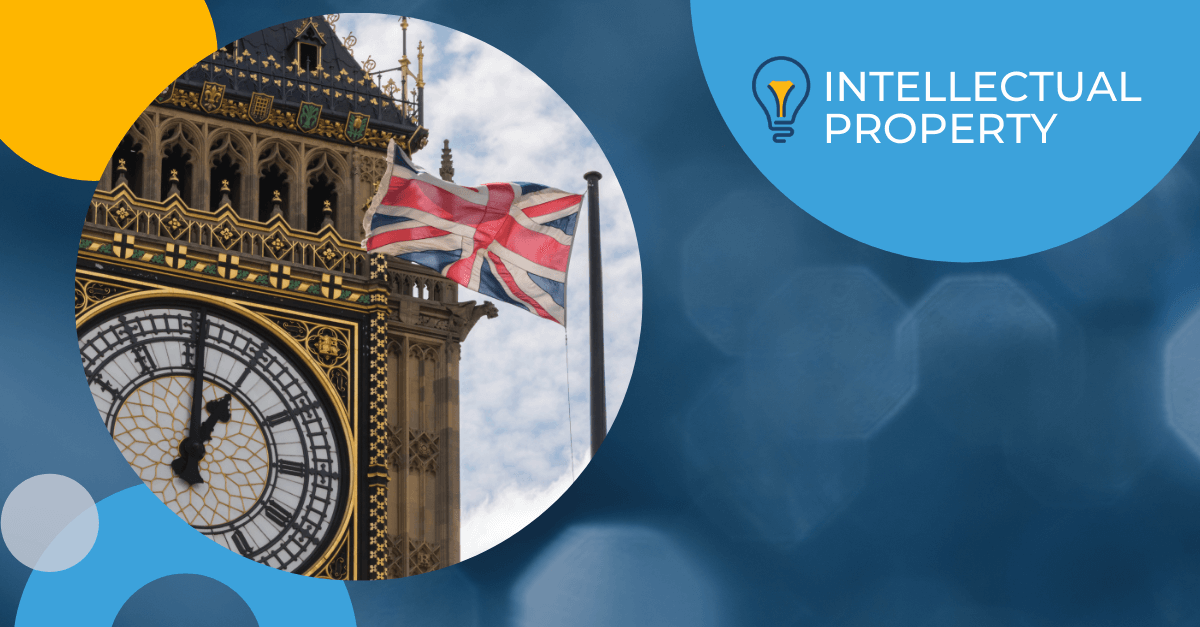Before the United Kingdom made its exit — or “Brexit” — from the European Union (EU) on January 1, 2021, a great deal of work was done to minimize its disruption to intellectual property ownership.
Trademarks and Designs
For existing trademarks and designs, the transition has been simple and automatic. Upon Brexit, the UKIPO automatically created new, comparable UK registrations for trademarks and designs that were previously registered with the EUIPO. These cloned registrations confer intellectual property ownership within the UK only, as existing EUIPO registrations continued to confer rights only within the EU.
Recorded in the UK, these trademarks and designs:
- have the same legal status as if they had been applied for and registered under UK law
- kept the original filing date
- kept the original priority or UK seniority dates
- are a fully independent UK registration that can be challenged, assigned, licensed or renewed separately from the original EU registration that still applies in EU countries.
Recipients of the new UK registrations did not have to pay a new fee, nor did they receive a UK certificate. As a result, ownership is now proven by a screenshot of the registration on the UK government website.
For designs whose registration began in 2020 — the transition period leading up to full Brexit — a UK clone was created, and the three-year clock set in motion by the start of the registration process was set to continue.
Copyrights
Regarding copyrights, the UK government website says:
“Copyright is a national right that each country provides separately. However, copyright is largely harmonized internationally by a number of treaties. The Trade and Cooperation Agreement between the UK and EU builds on these international norms and maintains high standards of copyright protection between the UK and EU.”
Even so, some small number of existing cross-border copyright agreements — including for cable TV retransmissions and video-on-demand services — was based on the EU’s country-of-origin principle. As of January 1, all such arrangements were no longer valid and in need of renegotiation.


